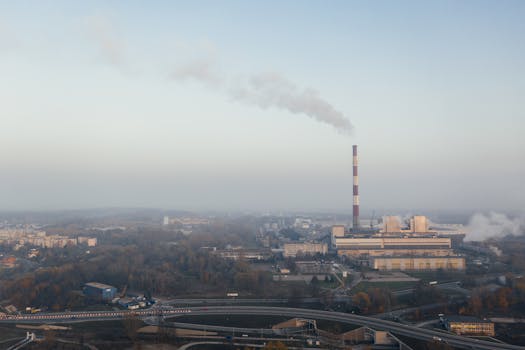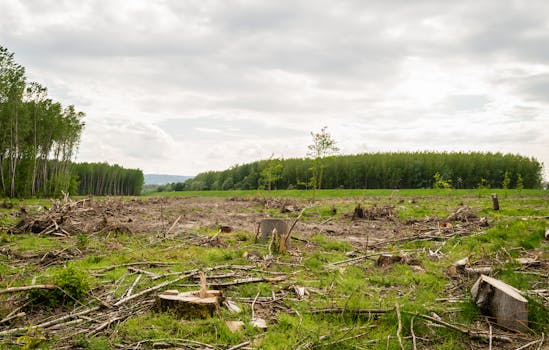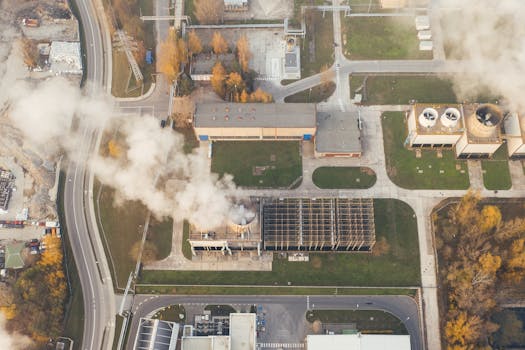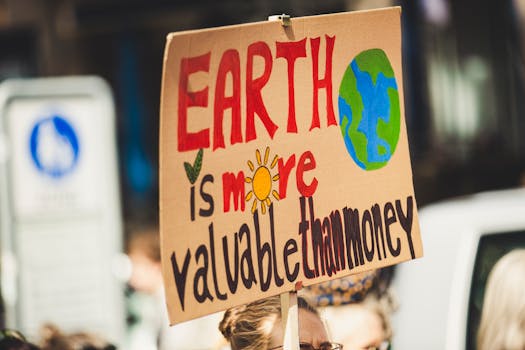
The Impact of Climate Change on Global Ecosystems
Introduction to Climate Change and Global Ecosystems

Climate change is one of the most pressing issues of our time, with far-reaching consequences for the health of our planet and its inhabitants. The impact of climate change on global ecosystems is a complex and multifaceted issue, involving changes to temperature and precipitation patterns, increased frequency and severity of natural disasters, and altered distribution and abundance of plants and animals.
The impact of climate change is being felt across the globe, from the melting of polar ice caps to the die-off of coral reefs. As the planet continues to warm, we can expect to see even more dramatic changes to ecosystems, including the loss of biodiversity, the degradation of habitats, and the disruption of delicate ecological balances.
Effects of Climate Change on Ecosystems

So, what are the effects of climate change on ecosystems? Some of the most significant impacts include:
- Rising temperatures: As the planet warms, many ecosystems are being pushed outside of their optimal temperature ranges, leading to changes in the distribution and abundance of plants and animals.
- Changes in precipitation patterns: Altered patterns of rainfall and drought are having a profound impact on ecosystems, from the die-off of trees in drought-stricken areas to the flooding of coastal communities.
- Increased frequency and severity of natural disasters: Climate change is leading to more frequent and intense heatwaves, storms, and other extreme weather events, which can have devastating impacts on ecosystems and human communities.
- Sea-level rise: As the planet warms, melting of polar ice caps and glaciers is causing sea levels to rise, leading to the loss of coastal ecosystems and the displacement of human communities.
Consequences of Climate Change for Human Societies

The consequences of climate change are not limited to the natural world; human societies are also being significantly impacted. Some of the most significant consequences include:
- Food insecurity: Climate change is altering the distribution and abundance of crops, leading to food insecurity and economic instability in many parts of the world.
- Water scarcity: Changes in precipitation patterns and increased evaporation due to warmer temperatures are leading to water scarcity, which can have significant impacts on human health and economic development.
- Human migration and conflict: Climate change is leading to the displacement of human communities, which can lead to conflict and social instability.
- Economic impacts: Climate change is having significant economic impacts, from damage to infrastructure to loss of productivity in key sectors such as agriculture and forestry.
Conclusion

In conclusion, the impact of climate change on global ecosystems is a complex and multifaceted issue, with far-reaching consequences for the health of our planet and its inhabitants. It is essential that we take immediate action to mitigate the effects of climate change, including reducing our reliance on fossil fuels, protecting and restoring natural ecosystems, and supporting climate-resilient development. By working together, we can reduce the risks associated with climate change and create a more sustainable future for all.



